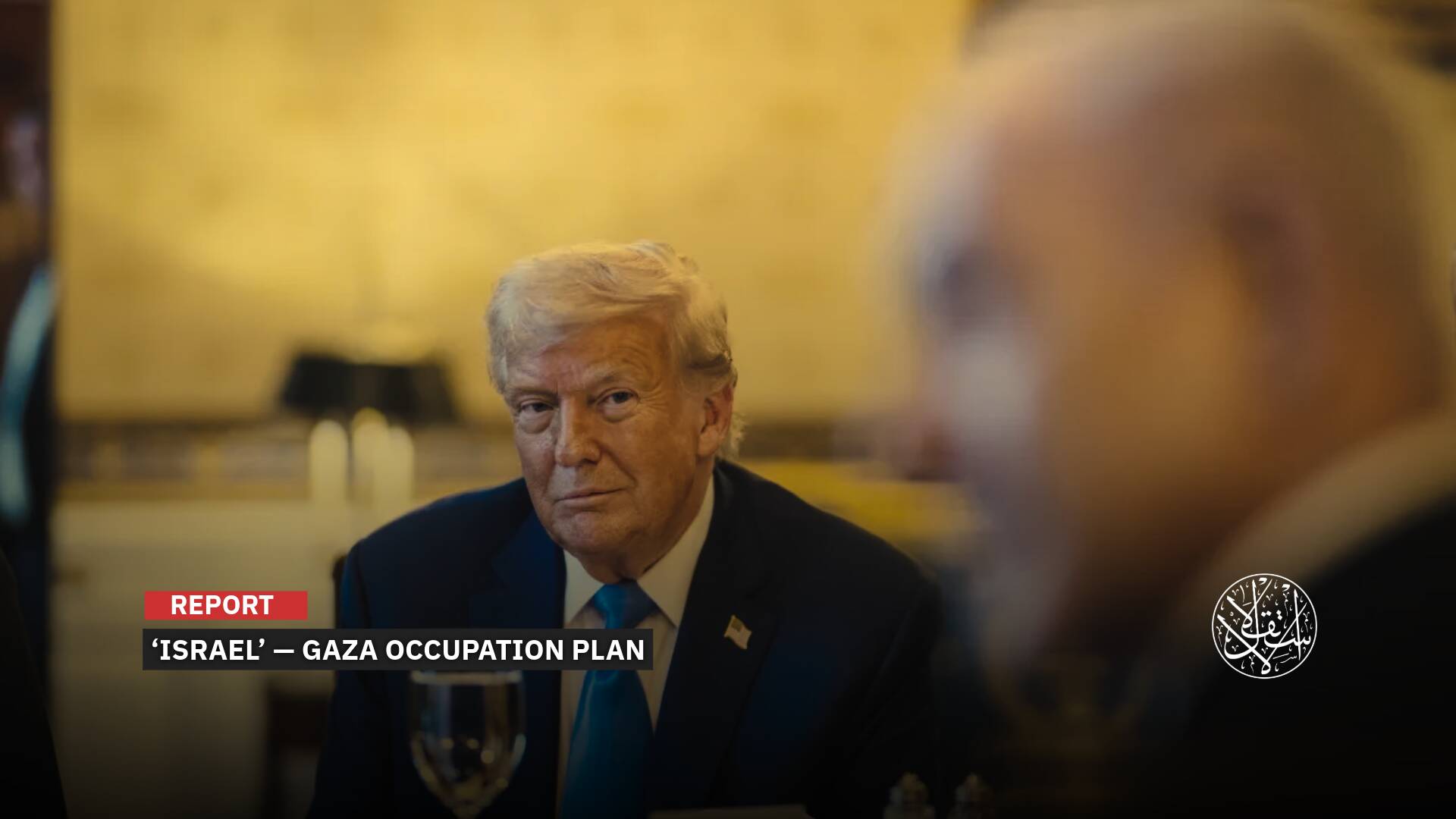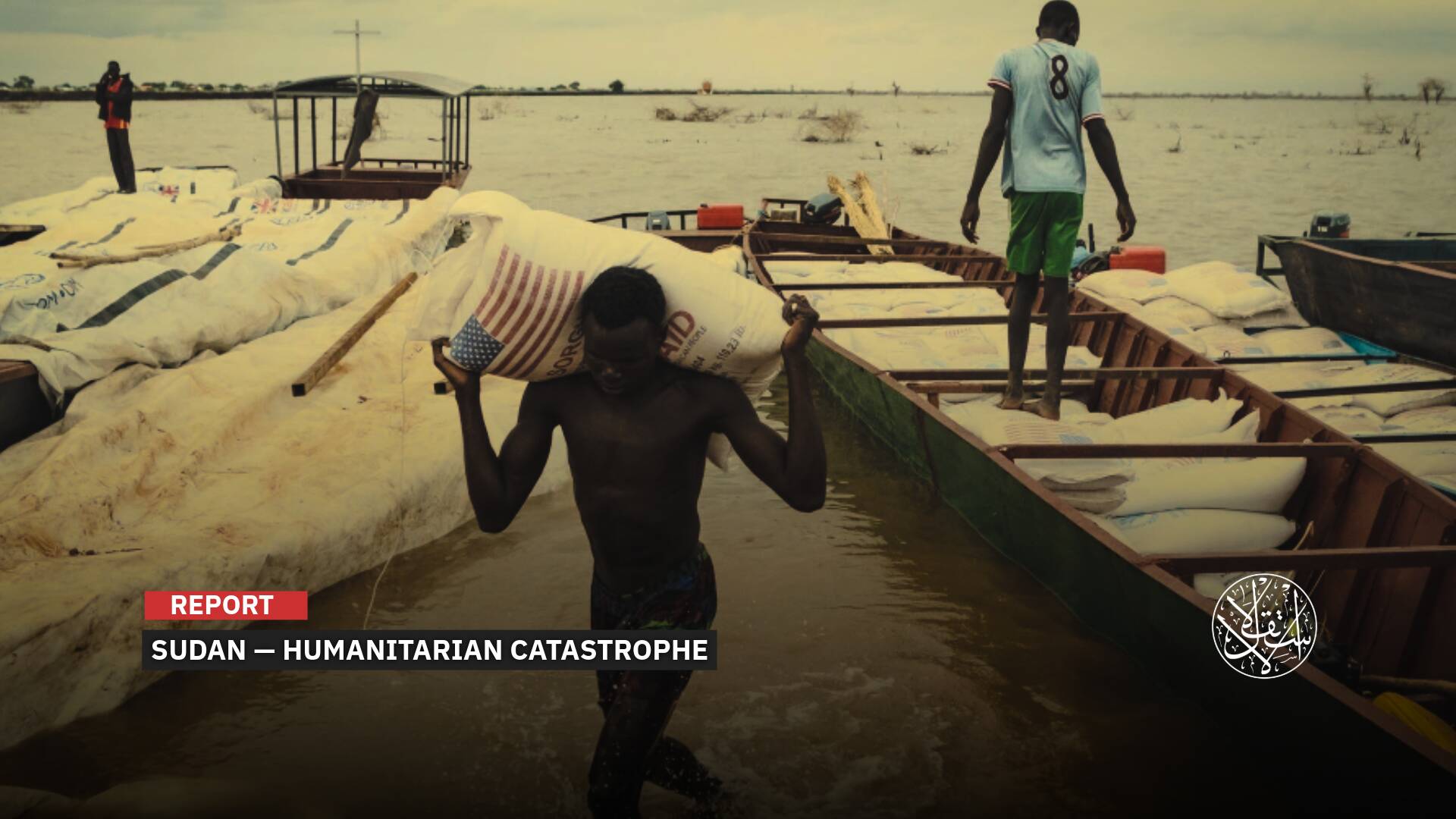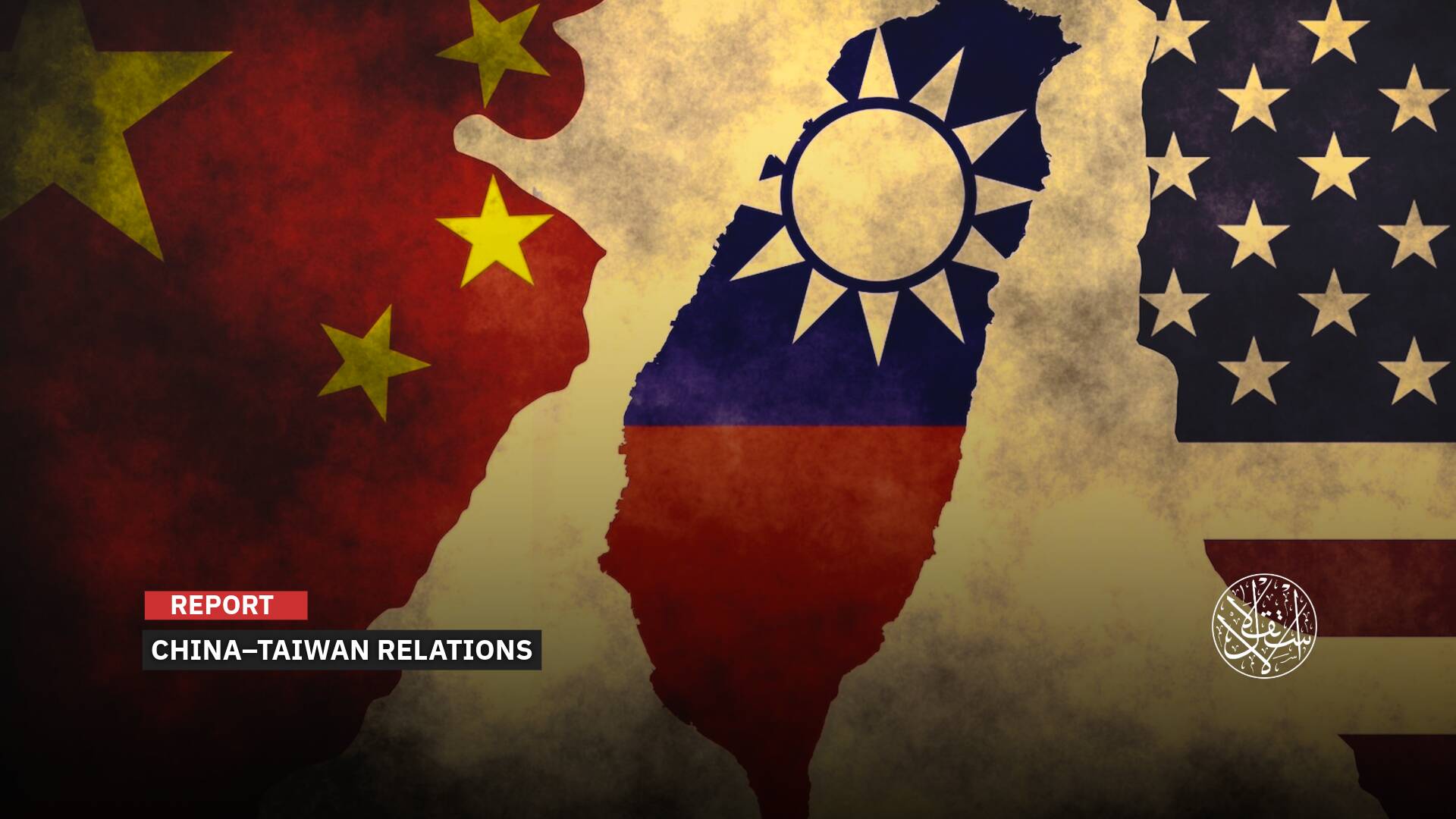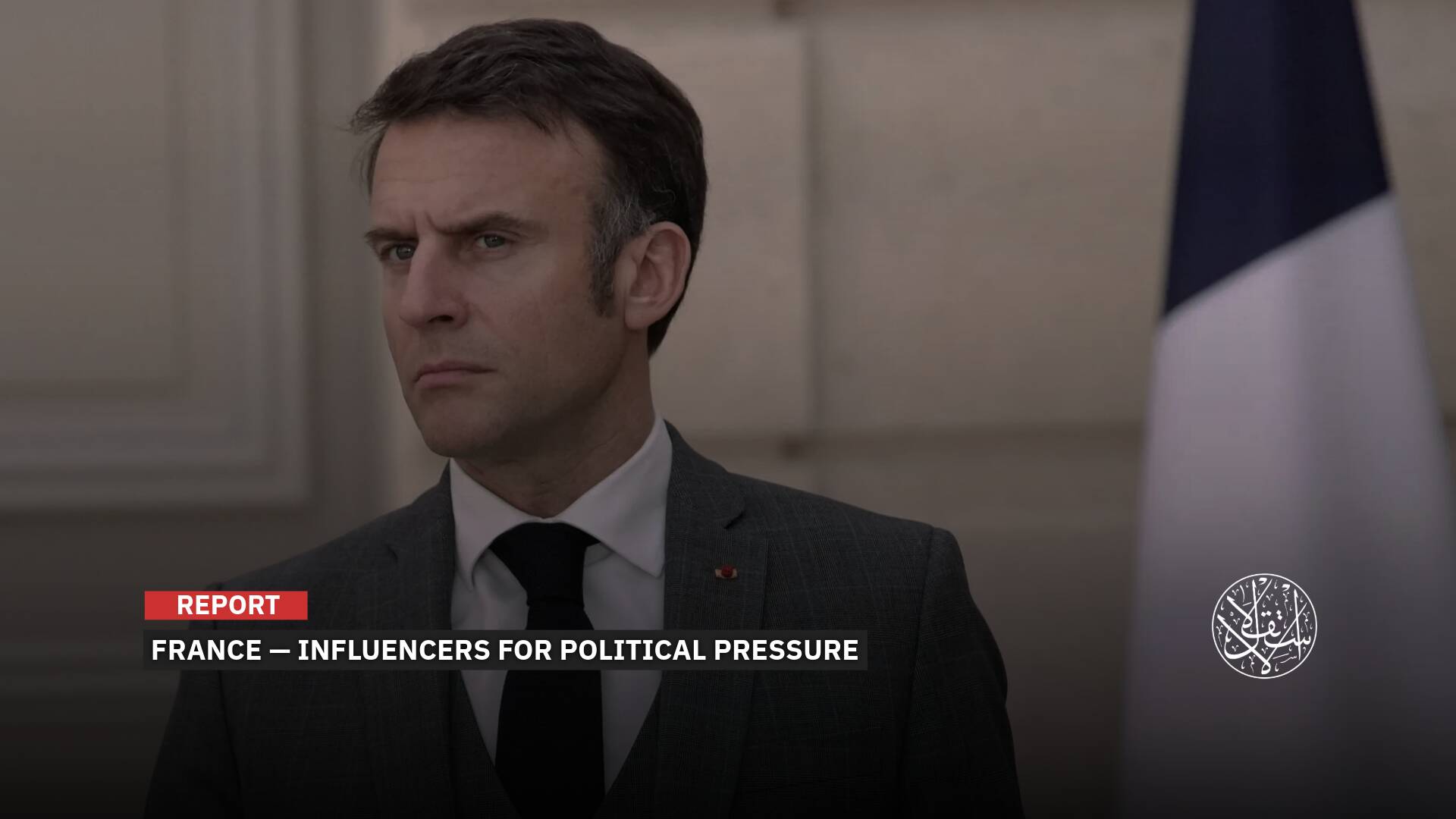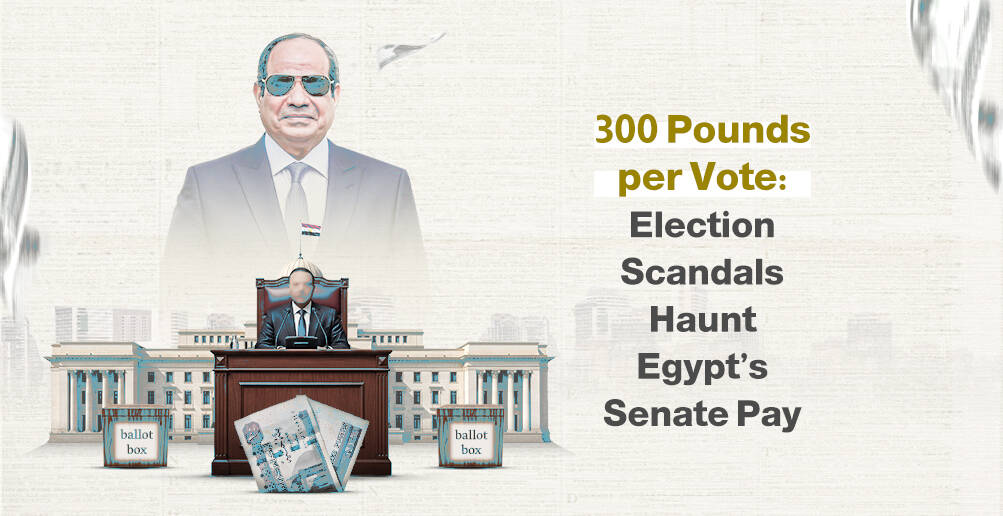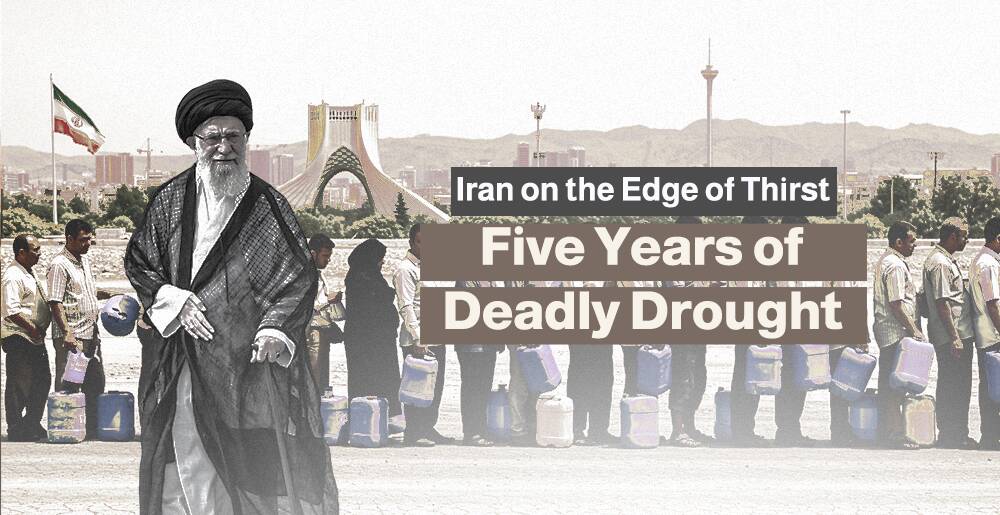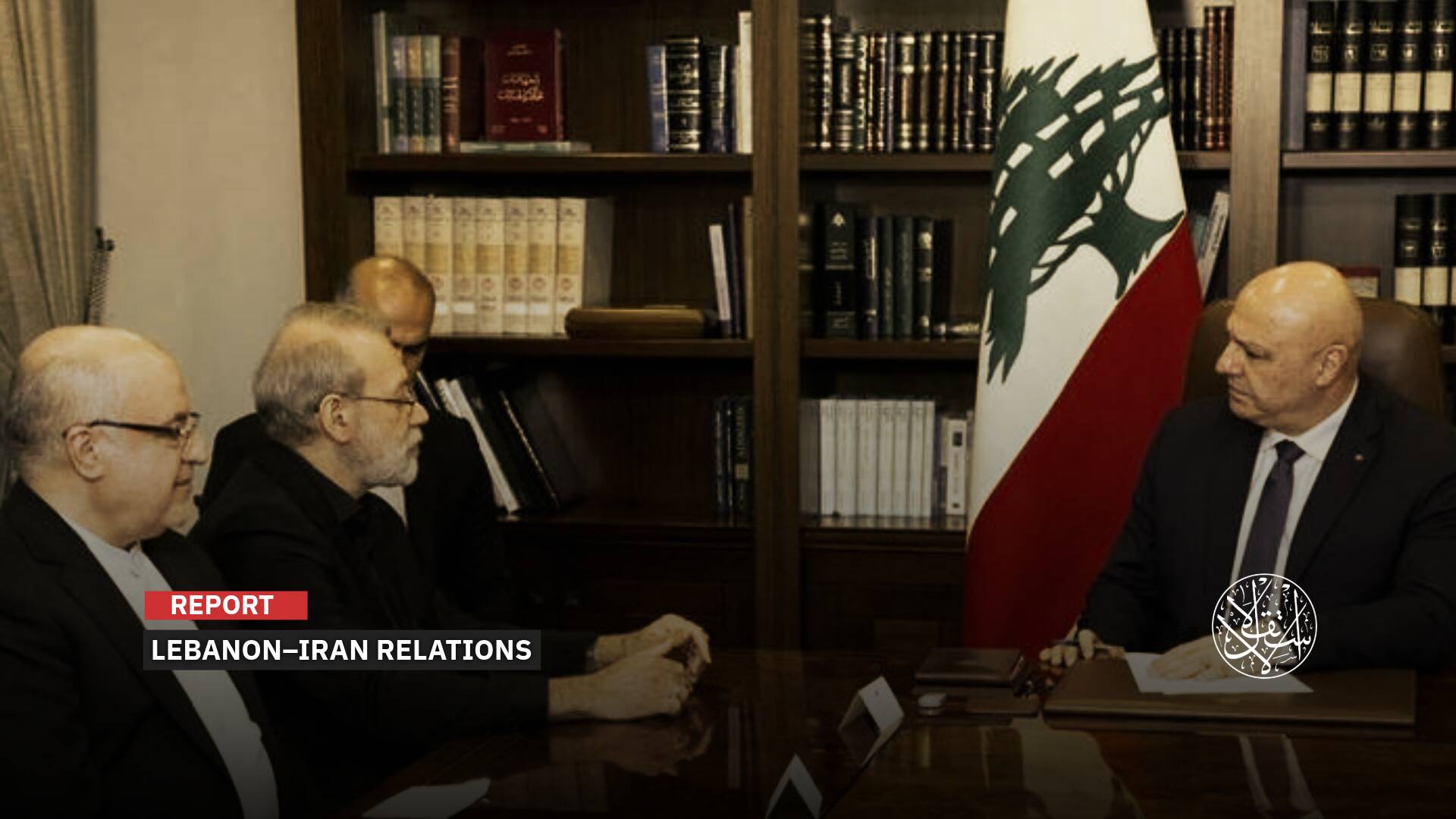This is How the US Jumped into Turkish Political Organizations for 'Change'

An investigative review of financial documents belonging to a US government agency revealed that this organization provides undeclared political funding to local and US organizations operating in Turkiye, including funding provided in 2020 and 2021 to create a "network of agents for change.”
The review, conducted by Al Jazeera Net, also said this US organization had previously been accused of illegal political funds and of provoking social unrest in several countries.
Undeclared Financing
Two reviewed documents, belonging to the National Endowment for Democracy (NED)—an American foreign political funding organization operating out of Washington—showed that NED provided grants and funds amounting to $2.6 million in 2021 to Turkish political activists to finance political and social activities in Turkiye, according to Al Jazeera Net.
The funding was about $40 000 to $720 000 for each organization; despite the Turkish government's efforts to prevent this kind of undeclared foreign political funding these grants, and funds were given to 9 political organizations working in Turkiye.
According to the documents, undisclosed funding to local political organizations in 2020 was up to $2.5 million.
However, the documents did not reveal any of the Turkish organizations' names or locations to keep them away from possible Turkish government tracking of illicit funding.
The National Endowment for Democracy had previously spread controversy for playing a pivotal role in financing secular opposition movements in Egypt and Tunisia during the Arab Spring.
Supporting Suspicious Issues
One of the documents revealed American attempts to interfere in Turkish politics by supporting political parties to influence legislative procedures.
According to the same document outlining a final report for the 2021 endowment, the organization provided $147,000 to fund an “undeclared” organization for “structural reforms in key institutions and legislation in Turkiye.”
The grant was to “strengthen the rule of law and encourage good governance and accountability by advocating structural reforms in important institutions and legislation,” according to the document.
“The organization will focus in particular on reforms related to legislative oversight, the executive branch, the law on political parties, the electoral law, and the constitution-making process.”
The document also revealed that “the grant beneficiary will conduct a series of workshops and public events, publish reports, and lead advocacy efforts that include a media campaign and outreach to target stakeholders.”
NED supported another anonymous Turkish organization defending independent media with $290,800.
The money was partly used to create an online platform in order to support and discuss independent media and the challenges facing journalists and the freedom of the press in Turkiye.
The document revealed another funding of $40,000 for a Turkish organization working to "support freedom of assembly and freedom of association."
The American Endowment for Democracy also provided larger sums to political organizations in America, which in turn gave smaller grants to activists and political organizations working inside Turkiye, including $700,000 given to the International Republican Institute to “support political dialogue and involve young people in political decision-making,” according to the document.
Spreading Chaos
Independent American institutions said that the American Endowment Organization has close relations with American foreign policy.
The Institute for Public Policy Studies, an independent investigative institution, issued a report revealing the endowment’s previous works and accusations like forming groups opposing the late Venezuelan President Hugo Chavez even after he won in August 2004.
Ministers from Venezuela also said that the endowment had a key role in the military coup attempt in 2002.
The US organization also intervened in Panama in the eighties, and in Costa Rica by providing funds to opponents of President Oscar Arias.
The head of the National Endowment for Democracy, Karl Gershman, stated in another report that he specializes in “the politics of sectarian conflicts since the mid-seventies.”
The Institute for Public Policy Studies added that since Gershman assumed the position of head of the US organization in the mid-1980s, he became involved in the politics of the Cold War between the United States and the former Soviet Union, Al Jazeera said.
“Gershman has a long-term association with a number of the largest promoters of America’s military invasion of Iraq in 2003, such as Elliott Abrams and Frank Gaffney, all of whom belong to the neo-conservative movement, which is known to place the security and continuity of ‘Israel’ in the Middle East as its most important priority, and works to perpetuate American policy in order to serve that interest,” the report said.






